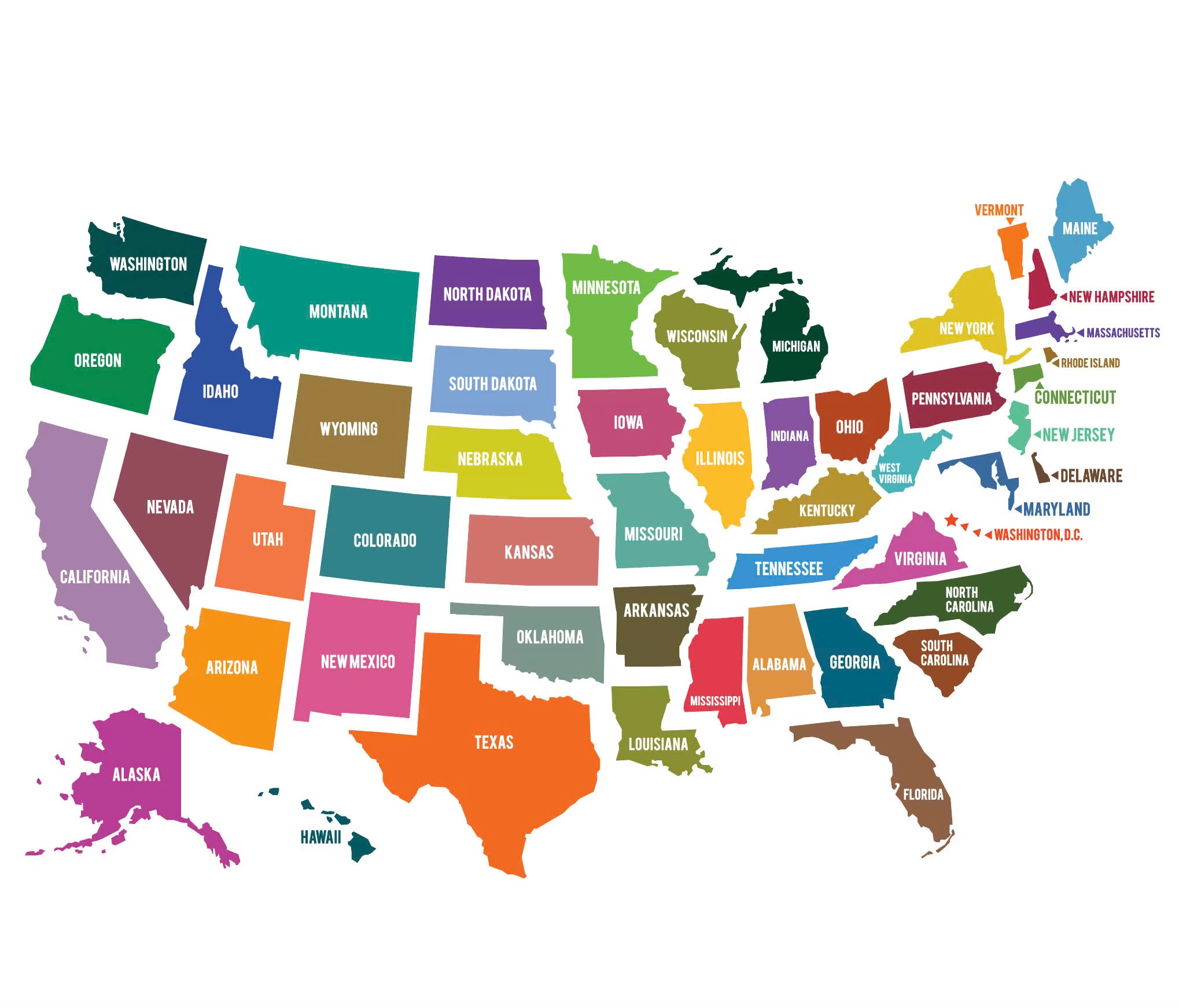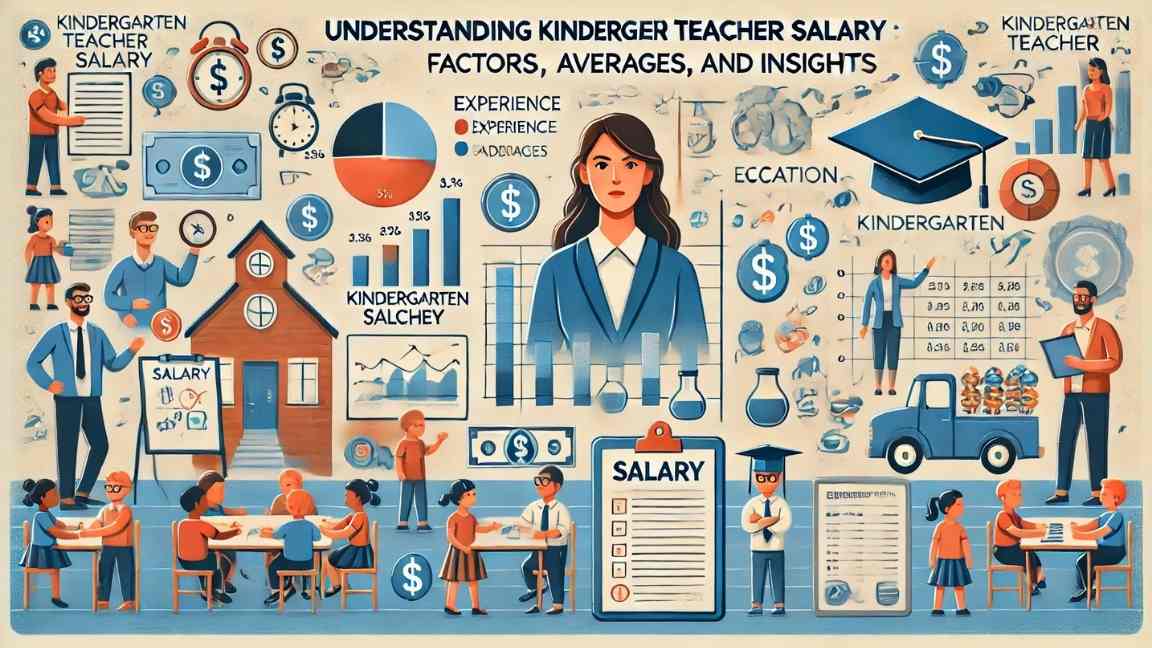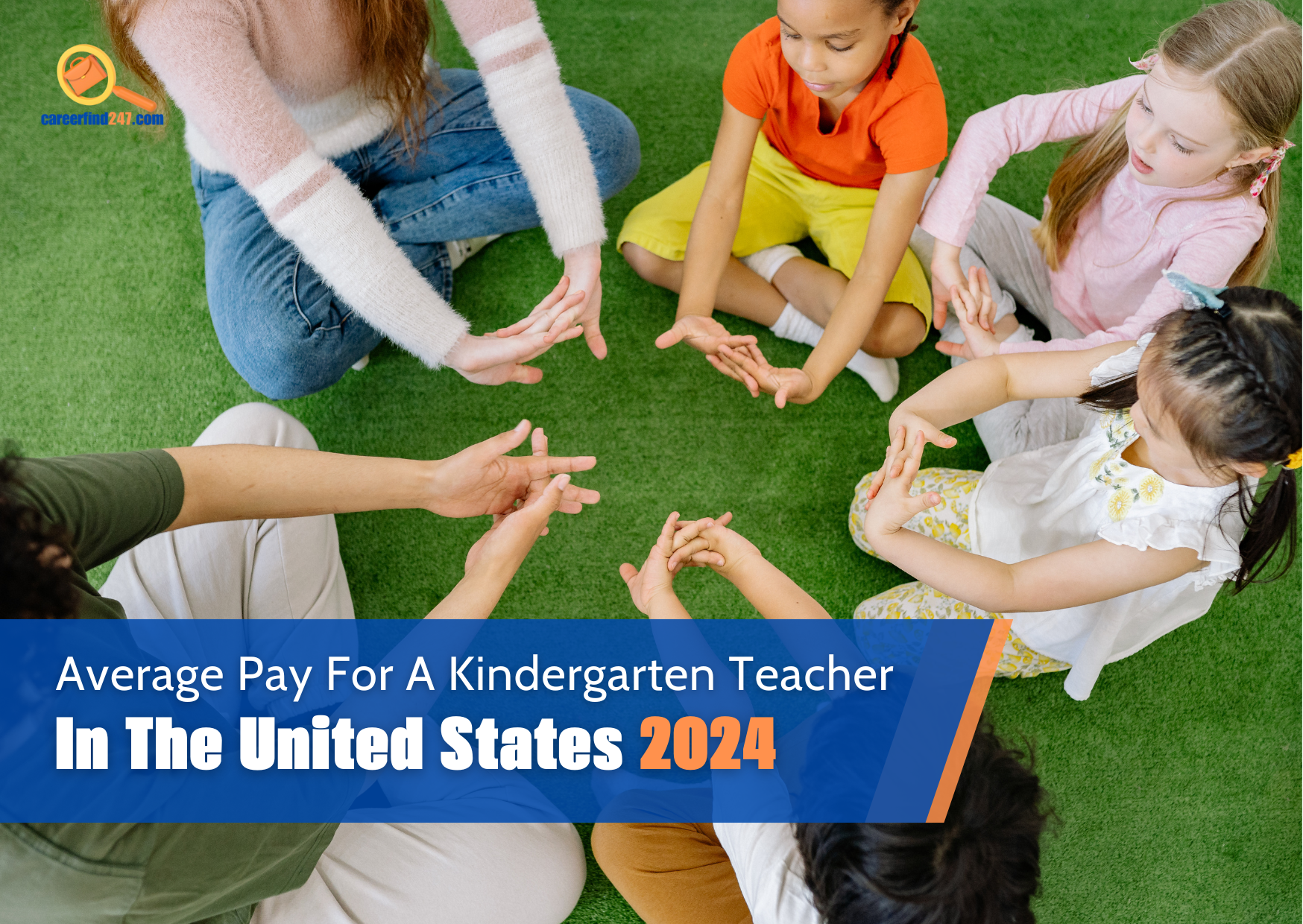For those considering a career in early childhood education, understanding the average pay for a kindergarten teacher in the USA is essential. In this article, join CareerFind247 to find out the current average salary, the highest-paying states, and what aspiring kindergarten teachers can expect when entering the field in 2024.
1. Introduction

1.1 Overview of Kindergarten Teaching as a Profession in the USA
Kindergarten teaching is a pivotal role in early childhood education, shaping young minds during their formative years. Kindergarten teachers are responsible for introducing foundational skills such as reading, writing, and basic math while fostering social and emotional development. These educators typically work in public, private, or charter schools, with an average workday involving classroom instruction, lesson planning, and collaboration with parents.
1.2 Significance of Teacher Salaries and Factors Influencing Pay
Teacher salaries play a crucial role in attracting and retaining skilled professionals in the education sector. For kindergarten teachers, pay is influenced by various factors, including location, type of school, and years of experience. Understanding the average pay for kindergarten teachers is essential for aspiring educators and policymakers seeking to improve workforce stability and educational outcomes.
2. Average Salary for Kindergarten Teachers in the USA in 2024

2.1 National Average Salary
As of 2024, the average salary for a kindergarten teacher in the USA is approximately $57,000 per year, according to data from the U.S. Bureau of Labor Statistics (BLS). This figure represents a slight increase compared to previous years, reflecting efforts to address teacher shortages and inflation. Comparatively, elementary school teachers earn an average of $61,000, while preschool teachers earn around $34,000 annually.
2.2 Factors Affecting Kindergarten Teacher Salaries
- Location: Salaries vary widely between states and even districts. Urban areas often offer higher pay than rural regions due to cost-of-living differences.
- Education Level: Teachers with advanced degrees or specialized certifications tend to earn more.
- Years of Experience: Entry-level teachers earn less than those with decades of classroom experience, who often reach the upper tiers of district pay scales.
3. Top 10 Highest-Average Pay For A Kindergarten Teacher in 2024

3.1 List of the Top 10 States with Average Salaries
- New York: $75,000/year
- California: $72,500/year
- Massachusetts: $70,000/year
- Connecticut: $68,500/year
- Washington: $67,000/year
- New Jersey: $66,500/year
- Maryland: $65,000/year
- Hawaii: $64,000/year
- Illinois: $63,500/year
- Oregon: $62,000/year
3.2 Reasons for High Salaries in These States
Higher salaries in these states are attributed to robust education budgets, unionized workforce protections, and higher cost-of-living allowances. For example, New York and California prioritize education funding, while states like Massachusetts are known for their rigorous teacher qualification requirements.
4. Opportunities and Career Growth in Kindergarten Teaching

4.1 Career Advancement Options
Kindergarten teachers can advance to leadership positions, such as:
- Curriculum Specialist: Designing educational materials and programs.
- School Administrator: Managing school operations.
- Early Childhood Education Trainer: Mentoring new teachers.
4.2 Continuing Education and Certifications
Pursuing additional certifications, such as National Board Certification or ESL endorsements, can significantly boost earning potential and job opportunities.
4.3 Salary Growth Over Time
Salary progression often follows district pay scales, with incremental raises based on years of service and additional qualifications. Many teachers see substantial increases in pay after 10–15 years in the profession.
5. Challenges Faced by Kindergarten Teachers in the USA

5.1 Workload and Classroom Size
Kindergarten teachers often manage large classrooms with diverse student needs, requiring individualized learning plans and significant emotional labor.
5.2 Impact of Funding and Resources
Funding disparities across states and districts lead to challenges in accessing teaching materials and maintaining competitive salaries.
5.3 Emotional and Physical Demands of the Job
Teaching kindergarten requires high energy levels and resilience, as educators must balance the emotional needs of young children with academic goals.
6. Comparison of Kindergarten Teacher Salaries with Similar Professions

6.1 Kindergarten Teachers vs. Other Early Childhood Educators
Kindergarten teachers generally earn more than preschool teachers but less than elementary school teachers, reflecting differences in educational requirements and responsibilities.
6.2 How Pay Compares to Other Professions Requiring a Bachelor’s Degree
Despite requiring similar education levels, kindergarten teacher salaries often lag behind other professions, such as nursing or business administration, highlighting disparities in funding and societal priorities.
7. Resources for Further Information and Job Listings
7.1 Salary Research Tools and Calculators
Tools such as the BLS database, PayScale, and Glassdoor provide up-to-date salary data, helping educators benchmark their pay and explore potential opportunities.
7.2 Job Boards and Career Support for Kindergarten Teachers
Job boards like TeachingJobs.com, LinkedIn, and Indeed offer a wide range of listings, while professional organizations provide networking opportunities and resources for career advancement.
8. Conclusion
Kindergarten teaching is a rewarding career that plays a vital role in early childhood education. Understanding the average pay for a kindergarten teacher and the factors influencing salaries can help aspiring educators navigate their career paths. With opportunities for growth, strong demand for skilled teachers, and the potential to make a lasting impact on young lives, kindergarten teaching remains an essential and fulfilling profession in 2024.
See more useful articles on CareerFind247!

